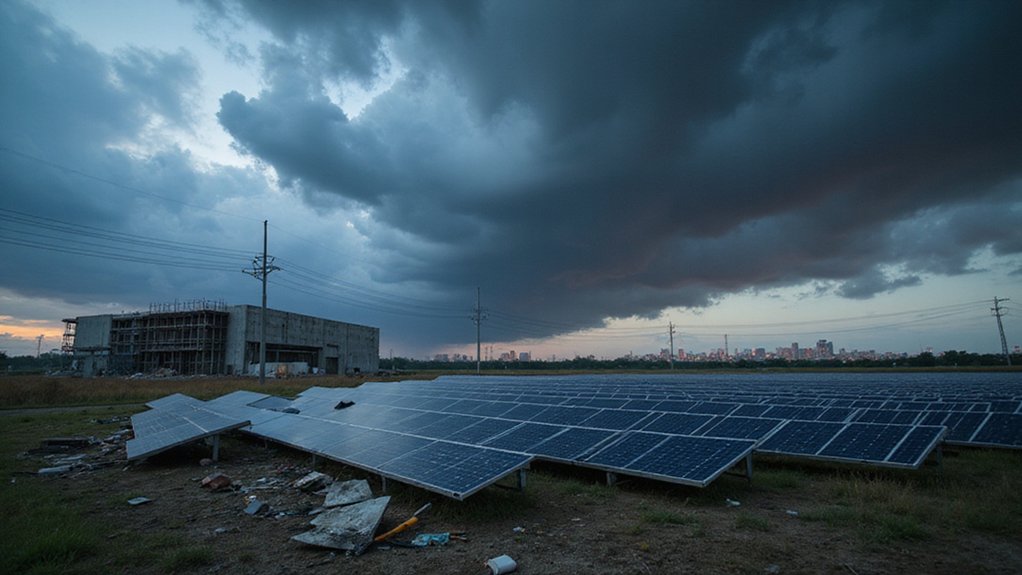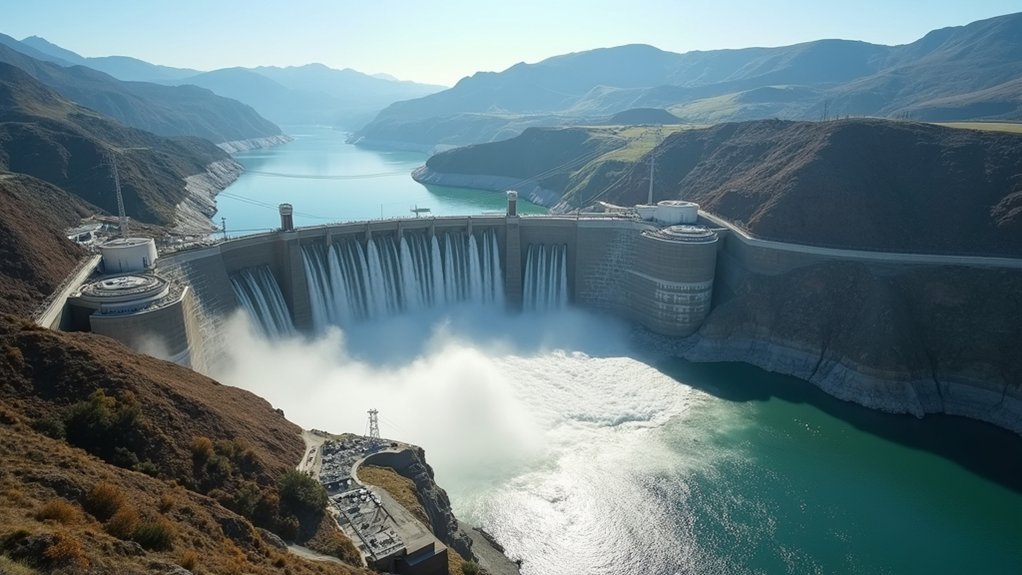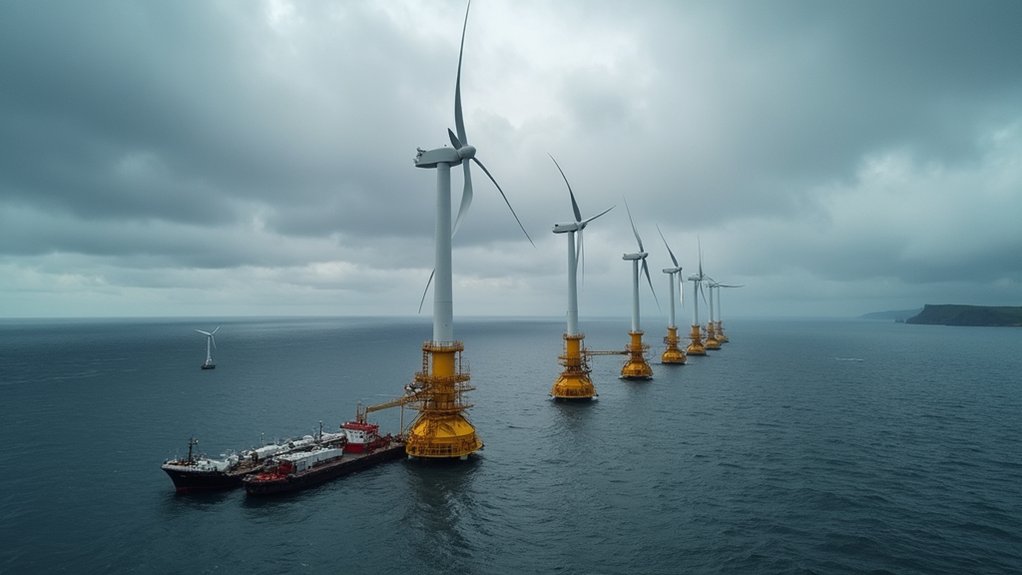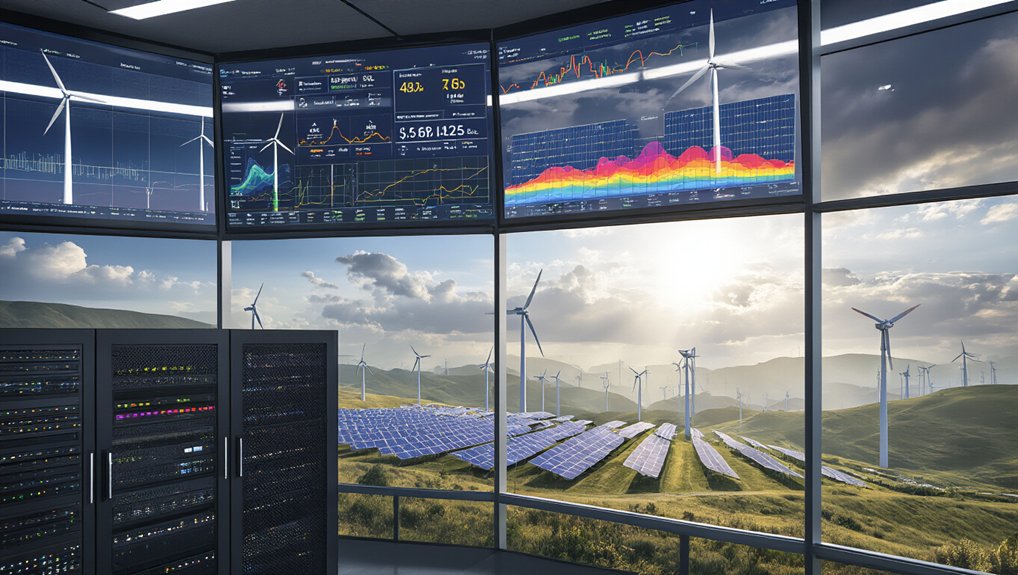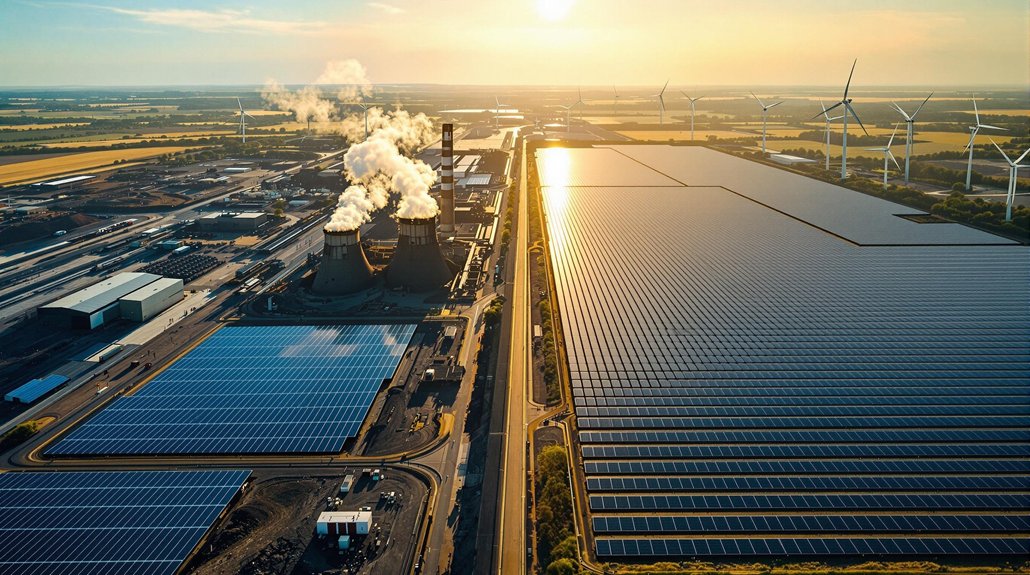A recently advanced House bill is putting nearly 300,000 solar jobs at risk across the United States. The legislation threatens about 86,000 current manufacturing positions in the solar industry and could eliminate up to 300 U.S.-based solar and energy storage factories nationwide.
The bill has already passed through both the House Ways and Means Committee and Budget Committee. If enacted without changes, it would reverse the job growth momentum created by clean energy tax credits established in 2022. Experts predict the solar manufacturing workforce that was forecasted to reach 100,000 by 2033 could collapse.
Solar tax credit cuts threaten to destroy industry growth and eliminate thousands of American manufacturing jobs.
Economic consequences would be severe and immediate. The Solar Energy Industries Association (SEIA) warns of potential losses reaching $220 billion in solar and storage investments by 2030. The legislation, advanced by Republicans in Congress, creates significant uncertainty for the renewable energy sector. This undermines the economic growth advantages associated with expanding renewable energy industries across the country. The United States would also lose an estimated 145,000 gigawatt-hours of solar generation capacity during the same period.
The timing is particularly troubling as the U.S. has recently made significant progress in solar manufacturing. America has jumped from 14th globally in 2017 to become the world’s third-largest producer today. Domestic production now meets U.S. market demand, reducing dependence on Chinese and foreign suppliers.
Energy grid reliability is another major concern. The bill could cripple the national power grid as solar dependency grows. With fewer solar installations and energy storage facilities, grid stability and energy security would worsen. This threatens energy affordability for consumers across the country.
Similar challenges are emerging at the state level. In Texas, Senate Bill 819 imposes new restrictions on renewable energy projects over 10 megawatts, requiring additional permits, fees, and environmental reviews that don’t apply to other energy sources.
The Senate now has an opportunity to propose a more balanced energy bill. Solar industry advocates are actively lobbying for revisions to protect jobs and investments. The bill’s most controversial provision includes repeal of 25D residential tax credits that help middle-class families access affordable solar energy. Without changes, experts warn of a potential catastrophic energy shortfall that could harm critical U.S. economic sectors and cede technology leadership to competitors like China.
References
- https://today.westlaw.com/Document/I7a726b8034fb11f08a8bb505512e6d77/View/FullText.html?transitionType=CategoryPageItem&contextData=(sc.Default)
- https://seia.org/news/solar-under-threat/
- https://www.houstonchronicle.com/business/energy/article/texas-solar-wind-damaging-bill-20303387.php
- https://www.ess-news.com/2025/05/20/us-solar-energy-storage-industries-demand-reconciliation-bill-amendments/
- https://pv-magazine-usa.com/2025/04/16/texas-senate-passes-anti-solar-wind-bill/
